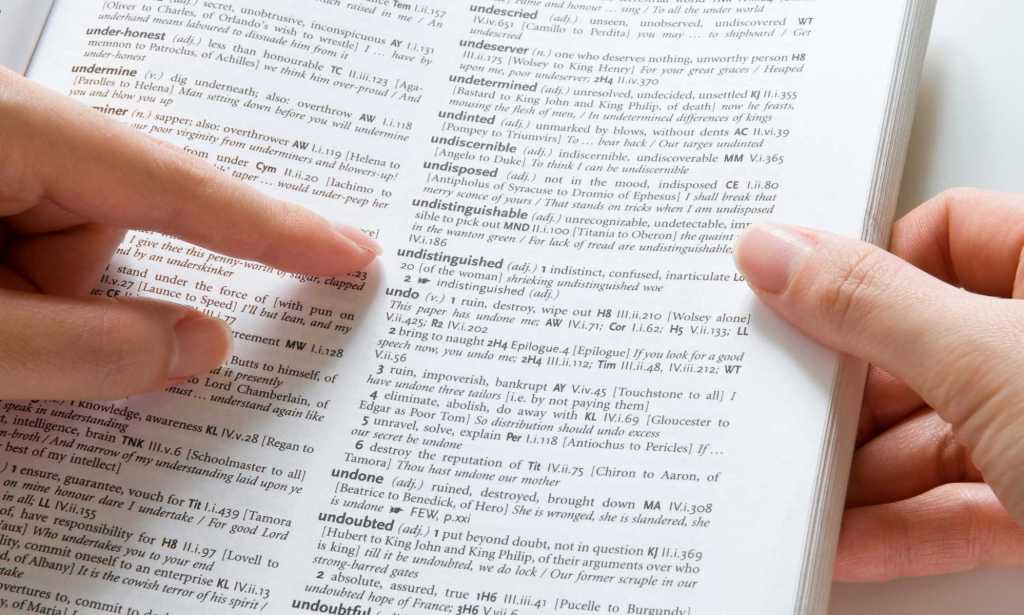‘Polysexual’ and ‘autosexual’ among 566 new words added to Dictionary.com

‘Polysexual’ and ‘autosexual’ are among 566 new words that have been added to Dictionary.com. (Getty Images)
‘Polysexual’, ‘autosexual’, ‘amalgagender’, and ‘gay marry’ are among the 566 new words that have been added to Dictionary.com as part of its fall revision.
In order to keep up with the ever-evolving nature of the English language, dictionaries regularly update their archives.
As part of its latest “word drop”, the online dictionary has added a number of new words and phrases relating to relationships and identity.
Here are some of the new words that have been added:
Polysexual: Noting or relating to a person who is sexually attracted to people of various genders, but not necessarily to people of all genders.

Autosexual: Noting or relating to a person who primarily feels sexual attraction to and desire for themselves, as opposed to other people.
Amalgagender: Noting or relating to a person whose gender identity is linked to or impacted by the fact that they are intersex.
Gay marry: To marry a person of the same gender.
Commenting on the addition of these new terms for identity and relationships, John Kelly, vice president of editorial at Dictionary.com told NBC News: “Gender and identity have been particularly dynamic, and productive areas of language change in the past 15 years or so.
“Whether it be socially or medically, there is a vocabulary component that is emerging, breaking through into the mainstream, that people need to know that they’re going to encounter.”
Noting that this revision comes at a time when LGBTQ+ terminology has become a point of contention and strife, Kelly added: “Language really is a lightning rod.
“All of a sudden it can feel, when these new words get announced, that there’s an agenda behind it. I want to be clear: There isn’t an agenda; there is documentation.”
Other words added to this latest recision include ‘nepo baby’, ‘greenwashing’, ‘chatbot’, ‘box braids’, and ‘coffee nap’.

Dictionary.com’s lexicographers have also gone through hundreds of older definitions and updated them to remove or replace gendered pronouns. This means that many definitions that once included phrases like ‘his or her’ or ‘himself or herself’ have now been rewritten with they/them pronouns, other similar words, or no pronoun at all.
For example, the online dictionary’s old definition for ‘volunteer’ was: a person who voluntarily offers himself or herself for a service or undertaking.
A new revised definition of ‘volunteer’ now reads: ‘a person who voluntarily offers to perform a service or undertaking.’
Explaining the thought process behind this decision, Dictionary.com lexicographer K.E Callaway said: “This change was made for two reasons: inclusivity and usage. On the inclusivity side, ‘his or her’ does not include people who use other pronouns.
“In terms of usage, ‘they’ is simply much more common as a generic pronoun than ‘he or she’, including in spoken and all but the most formal types of written English.”
They continued: “By making this change, we have made our entries more similar to how people actually speak and write, hopefully making the entries more natural-sounding – and thus more accessible to readers.”
How did this story make you feel?

